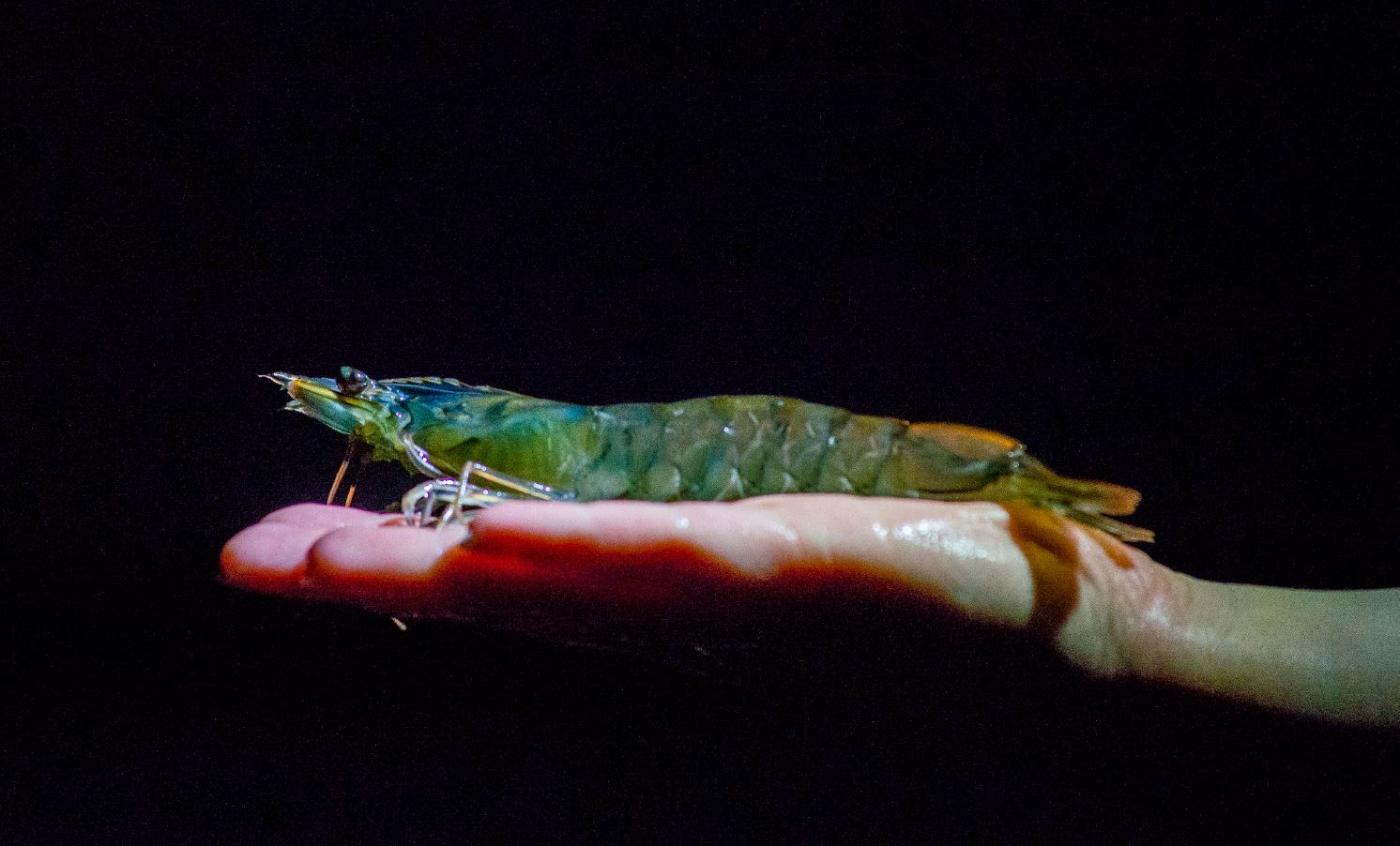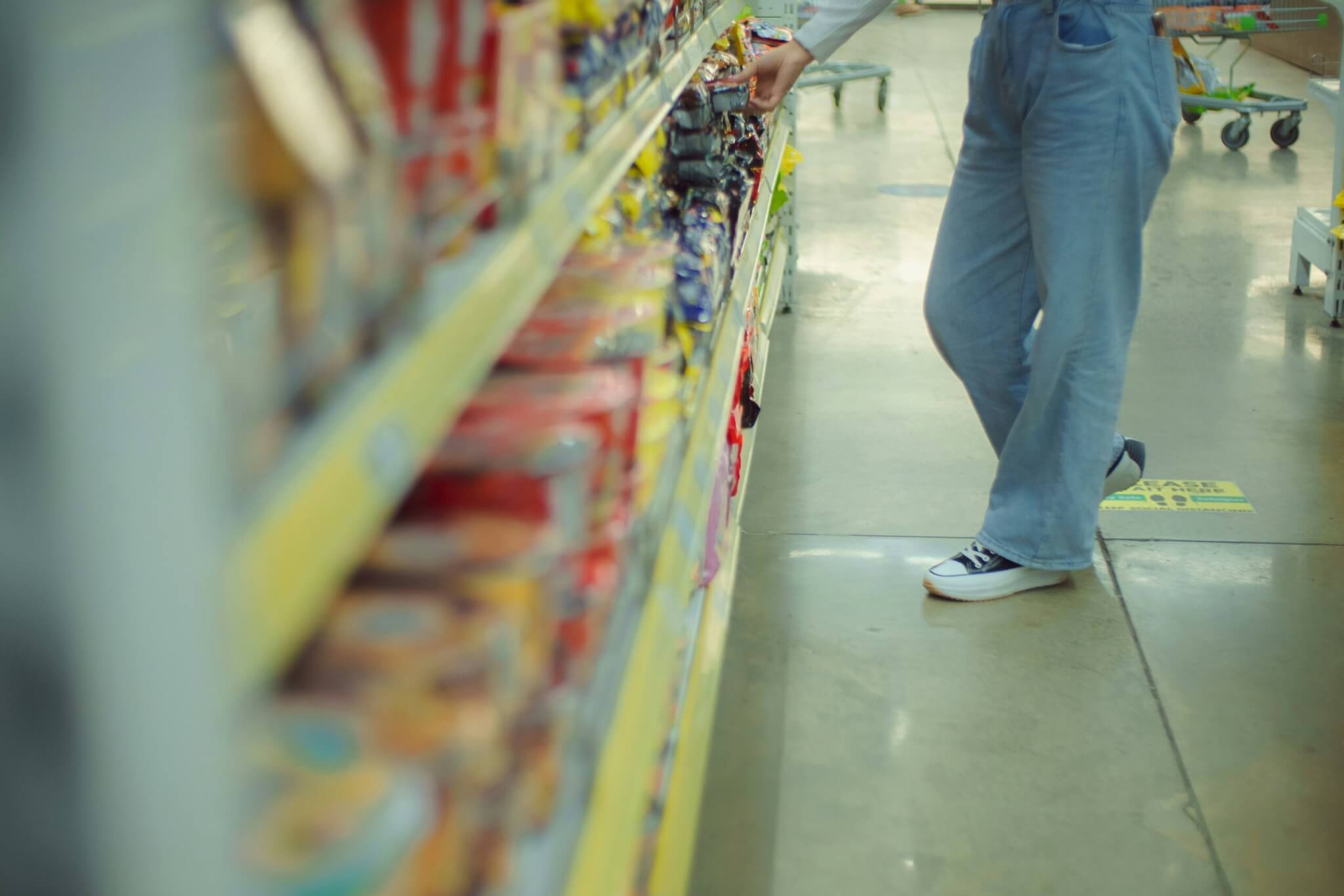The UK’s first land-based clean water prawn farm is set to start supplying restaurants in Scotland in a move that could transform the environmental impact of one of the most popular seafoods.
Based in Balfron, in Stirlingshire, Scotland, the farm will use energy from an anaerobic digestor on a nearby dairy farm, and a pioneering closed-loop filtration system to produce fresh, warm water king prawns, with low food miles and minimal impact on the environment.
The majority of the UK’s king prawns are currently sourced frozen from farms in the Far East and Central America, where production is criticised for its damaging environmental impact ranging from contamination of local waters, to destruction of mangrove ecosystems, as well as the labour conditions of farm workers.
“Most prawns have travelled 6,000 miles to reach a UK consumer with worldwide demand continuing to grow,” said chairman and commercial director of the aquaculture company behind the farm, Great British Prawns, James McEuen.
“But we know that consumers are increasingly concerned about the environmental impact of seafood production and to be sustainable, the future of aquaculture really has to be land-based.”

The farm in Balfron will produce Pacific Whiteleg Shrimp, better known as the king prawn, which is the world’s most popular prawn variety and native to the Eastern Pacific Ocean.
Around a million prawns will be able to be produced in 300 tonnes of water, and will be available initially to chefs within a two-hour radius of the farm, with zero air miles and no freezing.
Using a Recirculation Aquaculture System (RAS), the majority of water in the prawn tanks is cleaned and recycled every day to minimise any contamination of the environment.
The closed filtration system also means the farm won’t require the antibiotics and other medication, chemicals and manual handling used widely in the existing prawn farming industry, resulting in uniquely ‘clean’, fresh prawns, the company said.
Energy from an anaerobic digester on a neighbouring dairy farm, high levels of insulation and filters to clean and recycle waste, means the farm will use heat that would otherwise have been lost to produce food.

The news comes after a new report published in December 2018, the Sustainable Fisheries Partnership, found that less than 10 per cent of global production of farmed shrimp as “improving”. The issue of sustainable sourcing of fish and other seafood has been increasingly brought to attention as the majority of the world’s seas are now over-fished.
Shrimp is the most valuable traded marine product in the world with production is growing at an approximate rate of 10 per cent annually, according to the WWF.
Technical director at the Balfron prawn farm, Dr Andrew Whiston, said: “I’ve worked in aquaculture engineering for more than 25 years and this project is truly setting a worldwide precedent that will change the way prawns are farmed in the future.
“Focusing on getting the Recirculation Aquaculture System (RAS) exactly right, along with mimicking the precise conditions required for optimal prawn development has been a precision project that has required painstaking research and engineering. The outcome is an approach that impresses on its engineering, as well as its sustainability and humane methods.”
Great British Prawns said it plans to create more farms and supply restaurants across the UK.
Another UK prawn farm, Flo Gro, already produces prawns in Lincolnshire in a contained ecosystem in salt water and a bacterial and protein-rich solution called ‘biofloc’ to provide nutrients. The company supplies restaurants in London, Bristol and Cornwall via sustainable fish wholesaler Fish for Thought and was developed over the last five years using sustainable prawn production systems and renewable energy.
Great British Prawns said it is the first prawn farm in the world to use clean water, made possible by its filtration system, meaning prawns are more visible, need fewer inputs to counter bacteria in the water, and conditions can be tightly controlled.













I’m wondering what it would be like to be one of those millions of prawns/units in a ‘prawn production system’ – grim-
Why be involved in this Riverford?
Hi Lucy, thanks for your comment and engaging with the article. Wicked Leeks is a separate platform to Riverford and therefore does not represent the company’s position – Riverford doesn’t supply prawns and is not involved in this project. This is a news story reporting on a development in the wider world of sustainable food that we felt would be of interest to our readers, and for people who would like to eat prawns from a system that has a lower impact on the environment.
Your quite right, this is horrid
This is truly horrible, and the nearby farm with a digester is no doubt a factory farm, how else would they get enough poo and body parts to power it. This is not clean food, this is not kosher, it’s an abomination. Those poor creatures